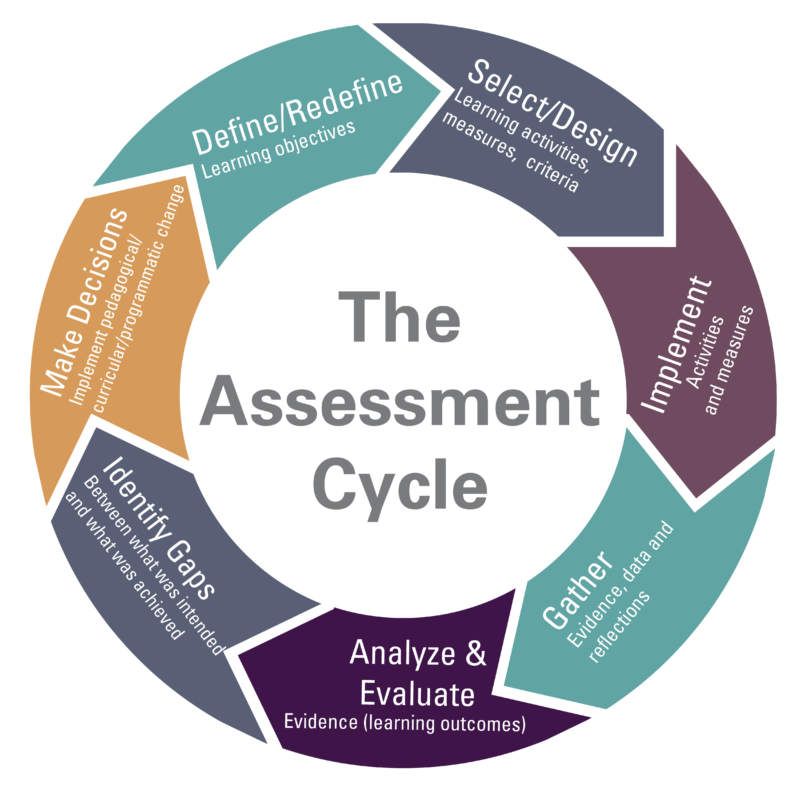Assessment
Welcome to the home of assessment at Shepherd!
We are here to help make assessment of programs/ units/ departments/ classes:
- MEANINGFUL
- SUPPORTIVE/ SUPPORTED
- CONSISTENT
We are also here to help bust common MYTHS about assessment! Assessment is what you make of it! We encourage everyone to approach assessment as part of a healthy learning culture and will support you to make assessment work for YOU, YOUR STUDENTS, and YOUR STAFF! Working together, we can create a culture of assessment on campus that enables us to do what we love and do it well!

Top 5 myths of assessment:
Myth 1
Assessment is just the latest fad in higher education.
The Reality
Assessment has been:
- Common practice in higher education for over thirty years.
- The emphasis of accreditors for at least twenty-five years.
- A formal expectation of all regional accreditors since 2004.
Myth 2
Assessment is just about collecting evidence in case the Higher Learning Commission wants to see it some time.
The Reality
- Collecting evidence isn’t enough.
- Assessment needs systems and strategies that produce actionable evidence.
- Assessment is more about standardized and coordinated practice than bureaucracy!
Myth 3
Grades ought to be a good enough indicator of student performance; additional assessment isn’t really necessary.
The Reality
- Desired outcomes (course, program, and institutional) are often not measured best by the grading process.
- An assignment or course may support multiple learning outcomes.
- A course grade often measures much more than intended outcomes.
Myth 4
Assessment is just another sneaky way of evaluating faculty.
The Reality
- Assessment results should not be used to evaluate individual faculty.
- Participating in the assessment process can be a job expectation and therefore be evaluated, but the results of an assessment is an indication of a program’s success not an individual.
Myth 5
Assessment is unnecessary busy work.
The Reality
- Assessment emphasizes improving student learning and not just completing reports.
- Assessment should connect to existing program processes and structures.
- The best approach to assessment is organic and local.